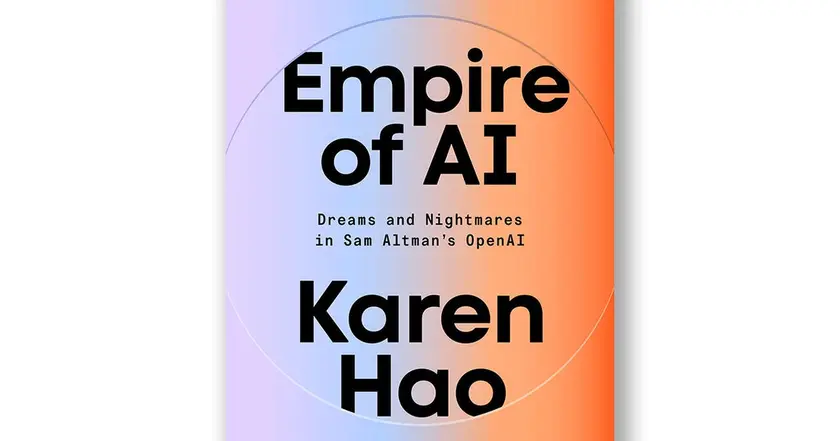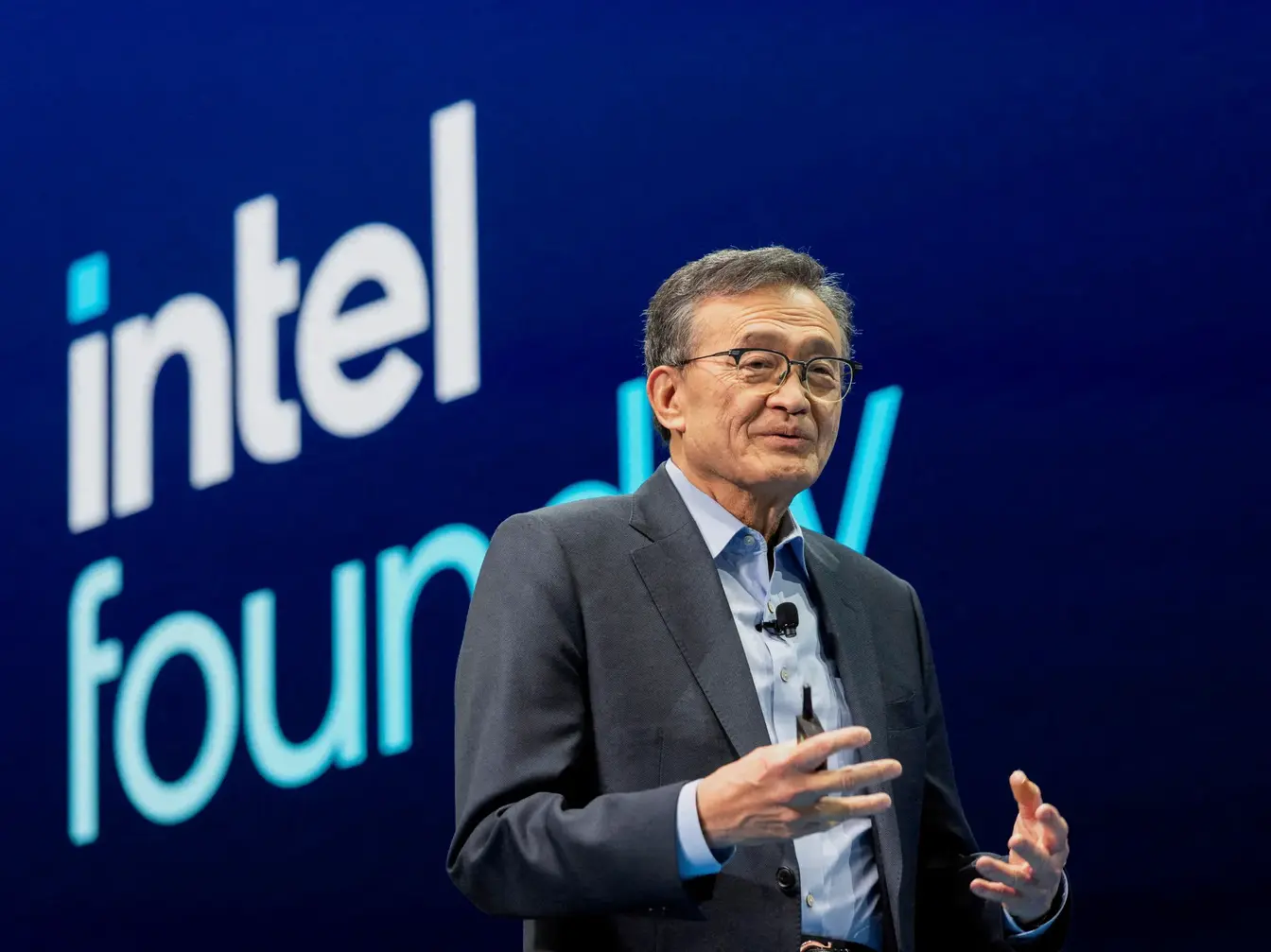T4K3.news
Windsurf split raises alarms in Silicon Valley
Windsurf's unconventional deal with Google leaves many employees feeling undervalued.
Windsurf's splitting and negotiation outcomes have sparked unease in Silicon Valley regarding employee rights.
Windsurf’s Unusual Deal Raises Concerns for Future Startups
Windsurf, an AI coding startup, recently faced a challenging situation after a potential acquisition by OpenAI for $3 billion fell through. Instead of these employees reaping the rewards, the company ended up splitting in two following a last-minute deal with Google to hire the CEO and key talent, while leaving the majority of employees without significant benefits. The new owner, Cognition, bought the remaining company assets, but the overall financial outcomes for many within Windsurf appear grim. Observers note that this deal may disrupt the long-standing expectations among startup employees regarding equity and rewards, potentially discouraging them from taking future risks in startup environments.
Key Takeaways
"This breaks the Silicon Valley social contract."
Amjad Masad highlights the shift in trust between startup teams and their leadership.
"When you join a company, you expect decisions to be made together."
Deedy Das refers to the impact of the deal on team dynamics within startups.
"This isn't a one-off, it's part of a broader pattern where Big Tech hedges its bets."
Steve Brotman describes the implications of recent tech acquisitions on startup culture.
"If an exit can happen and you don't participate in it, that's pretty bad for startup employees."
Amjad Masad emphasizes the negative consequences for employees in the current market.
The Windsurf situation highlights a growing trend in Silicon Valley where employees may become sidelined in high-stakes negotiations. The sentiment shared by leaders like Amjad Masad from Replit underscores a critical perspective on the changing dynamics of startup culture. When top performers leave for rewarding positions while others are left behind, it creates anxiety and a sense of betrayal within the workforce. This could discourage talented individuals from pursuing opportunities in riskier startups in the future, impacting innovation.
Highlights
- Windsurf's deal could change the rules for future startups.
- Disrupted expectations create anxiety for startup employees.
- Investors are concerned about leaving employees behind.
- This trend may deter talent from joining risky startups.
Concerns Over Employee Equity
The way Windsurf's deal was structured raises alarms about the fair treatment of employees during acquisitions. As key talent departs with lucrative offers, remaining employees may feel abandoned. This could undermine future talent recruitment and change how startup employees perceive their roles.
As Silicon Valley navigates these turbulent waters, the future of startup engagement remains uncertain.
Enjoyed this? Let your friends know!
Related News

New book explores Sam Altman's AI journey

Elon Musk's xAI signs significant Pentagon contract

Trump demands Intel CEO resign over China ties

Clegg on tech culture and the open internet

Meta hires another Apple AI researcher

Sam Altman strengthens his grip on OpenAI

Palantir surpasses $1 billion in quarterly revenue

Sam Altman's journey as detailed in The Optimist
